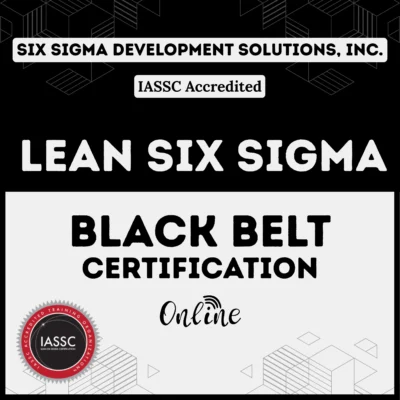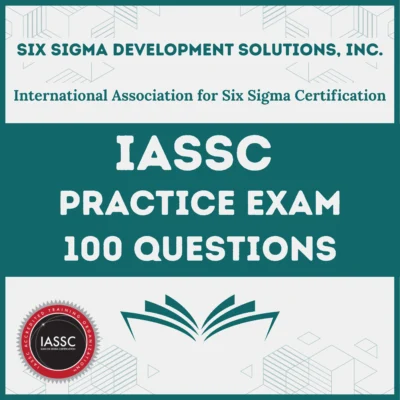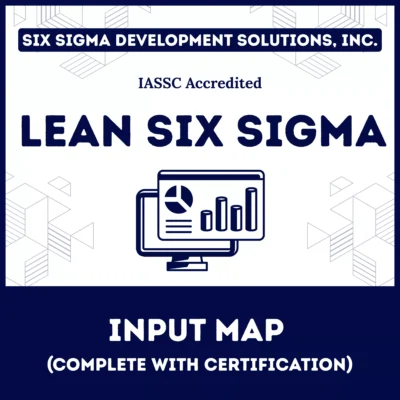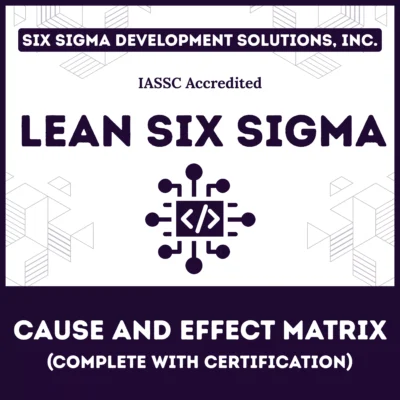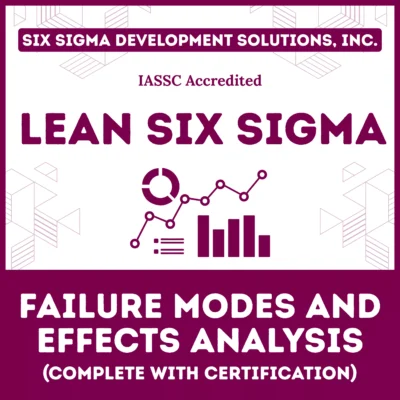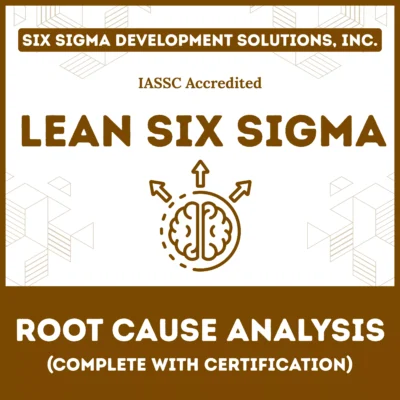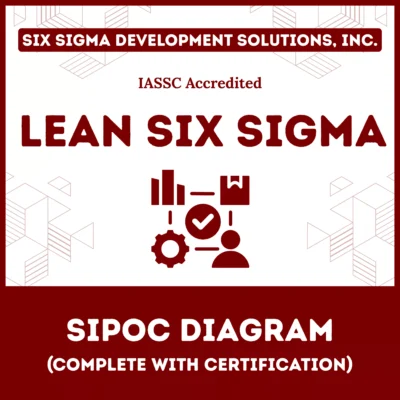Table of contents
Is a Six Sigma certification worth it?
Whether a Six Sigma belts certification levels is worth it depends on your career goals and the requirements of the industry or organization you work in. Six Sigma certification can be beneficial for professionals working in quality management, operations, or other roles where process improvement is a key aspect of the job. The best six sigma certification program will also depend on your needs, budget, and availability.
What is Six Sigma?
Six Sigma is a quality management methodology that seeks to improve the quality of a process by identifying and removing the causes of defects and minimizing variability in manufacturing and business processes. It was developed by Motorola in the 1980s and has since been adopted by many organizations in various industries. Six Sigma uses a data-driven approach, utilizing statistical tools and methods to measure and improve the performance of a process. The goal of Six Sigma is to achieve a process that is highly reliable and produces very few defects, typically no more than 3.4 defects per million opportunities. It uses a set of quality management methods, including DMAIC (Define, Measure, Analyze, Improve, Control) and DMADV (Define, Measure, Analyze, Design, Verify) to achieve this goal.

Benefits of taking a Six Sigma Certification
There are several reasons why it can be beneficial to take a Six Sigma certification:
- Improved job prospects: Six Sigma certification can demonstrate to employers that you have a solid understanding of quality management and process improvement, which can make you a more attractive candidate for job opportunities in those fields.
- Increased earning potential: Professionals with Six Sigma certification may be able to command higher salaries, as the certification can demonstrate a level of expertise and skill in process improvement.
- Improved problem-solving skills: The Six Sigma methodology focuses on data-driven problem-solving, which can be beneficial for professionals in any field.
- A greater understanding of process improvement: Six Sigma provides a structured approach to process improvement, which can be beneficial for professionals working in any field.
- Ability to improve your organization: Six Sigma can be used to improve the performance of any organization, not just in healthcare.
- Career advancement: A Six Sigma certification can open the door to more senior roles in quality management, operations, or other roles where process improvement is a key aspect of the job.
- Networking: Six Sigma certification courses and programs provide an opportunity to network with other professionals in the same field, who can be valuable contacts in the future.
- Recognition: Six Sigma is widely recognized as a methodology and a certification in Six Sigma can be a recognized benchmark of quality and process improvement expertise.
It’s important to note that Six Sigma certification may not be necessary for all roles and it may not be necessary for all career goals, but it can be beneficial for professionals who want to improve their skills, advance their careers and demonstrate their expertise in process improvement.
Six Sigma Certifications and their Benefits
There are several levels of Six Sigma certification, each with its own set of benefits:
- White Belt: Six Sigma White Belt certification is an introduction to the basic concepts of Six Sigma. It is intended for individuals who are new to Six Sigma or who have limited experience with the methodology. White Belt certification can be beneficial for individuals who want to understand the basics of Six Sigma and how it can be applied to improve processes.
- Yellow Belt: Six Sigma Yellow Belt certification is for individuals who have a basic understanding of Six Sigma and want to learn more about the DMAIC process. Yellow Belt certification can be beneficial for individuals who want to learn how to use Six Sigma to improve processes and for those who want to become more familiar with the Six Sigma methodology.
- Green Belt: Six Sigma Green Belt certification is for individuals who have a good understanding of Six Sigma and want to learn more about the advanced tools and techniques used in Six Sigma. Green Belt certification can be beneficial for individuals who want to become proficient in using Six Sigma to improve processes and for those who want to become more involved in Six Sigma projects.
- Black Belt: Six Sigma Black Belt certification is for individuals who have a thorough understanding of Six Sigma and want to learn how to lead Six Sigma projects. Black Belt certification can be beneficial for individuals who want to become Six Sigma project leaders and for those who want to become more involved in Six Sigma process improvement initiatives.
- Master Black Belt: Six Sigma Master Black Belt certification is for individuals who have extensive experience with Six Sigma and want to learn how to lead and manage Six Sigma programs. Master Black Belt certification can be beneficial for individuals who want to become Six Sigma program managers and for those who want to become leaders in Six Sigma process improvement initiatives.
It’s important to note that different organizations may have different certification levels and requirements, so it’s best to check with the specific organization that you are interested in.

Cost of Six Sigma Certification Levels
The cost of Six Sigma certification can vary depending on the organization offering the certification and the level of certification. The prices can also vary depending on the location, delivery mode, and duration of the course. Some organizations may offer online courses while others may offer in-person courses.
Here are some approximate prices for Six Sigma certification:
- White Belt: The cost for Six Sigma White Belt certification can range from $50 to $200.
- Yellow Belt: The cost for Six Sigma Yellow Belt certification can range from $200 to $1000.
- Green Belt: The cost for Six Sigma Green Belt certification can range from $1000 to $3000
- Black Belt: The cost for Six Sigma Black Belt certification can range from $3000 to $5000
- Master Black Belt: The cost for Six Sigma Master Black Belt certification can range from $5000 to $15000 or more.
It’s important to note that these prices are approximate and the actual cost may vary based on the specific organization and location. It’s best to check with the specific organization that you are interested in and compare prices and inclusions.
It’s also worth mentioning that the cost of the certification should not be the only consideration when choosing a certification program. It’s important to look at the reputation of the organization offering the certification, the quality of the course content, the instructors, and the level of support provided.
What do you think? Is a Six Sigma Certification worth it?
Let us know your thoughts in the comments below!






